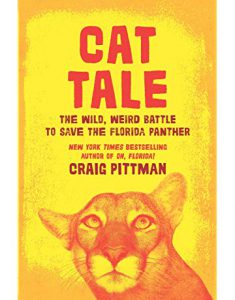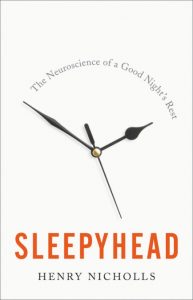Strong Start, Your Mileage May Vary On Ending. I gotta admit, as an American I’d never heard of Plastic Free July before seeing this book on NetGalley. (And yes, since I am writing this review on July 21, 2020 – the day after it hit NetGalley – and it doesn’t publish until December 8, 2020, this is certainly an Advance Review Copy, with all of the things that generally entails.) But the description of how Prince-Ruiz started the organization sounded promising. And the text of the book, for the first half – two thirds or so, showed exactly that promise. Someone deciding independently to choose to do something that could make a difference and work to convince her friends and family to do the same… in the age of social media. The back part of the book, where the organization shifts from voluntary action to political action – which is ultimately *always* at the point of a sword (in Ye Olden Times) or gun (in the modern era) – is more problematic and is where the book will likely be seen as much more divisive. I try to keep my own politics out of my reviews to as much a degree as possible, so I’ll simply note that through this section the voluntary actions the author describes are commendable, and I’ve actually supported a few of them myself, but the less-than-voluntary actions… any time politics gets involved, you invite problems. Ultimately a great look at various things we all can and arguably should do, marred by its descent into politics. Recommended.
This review of Plastic Free by Rebecca Prince-Ruiz was originally written on July 21, 2020.


